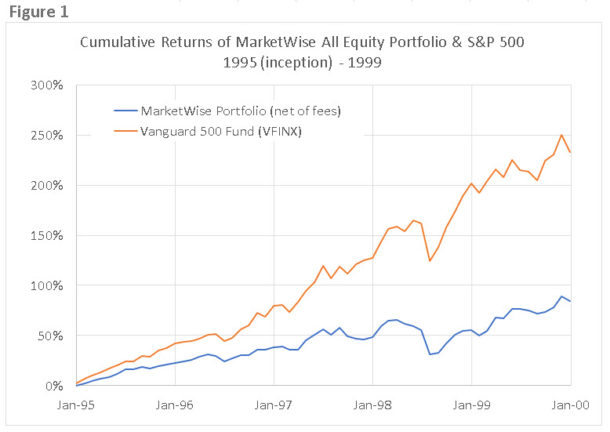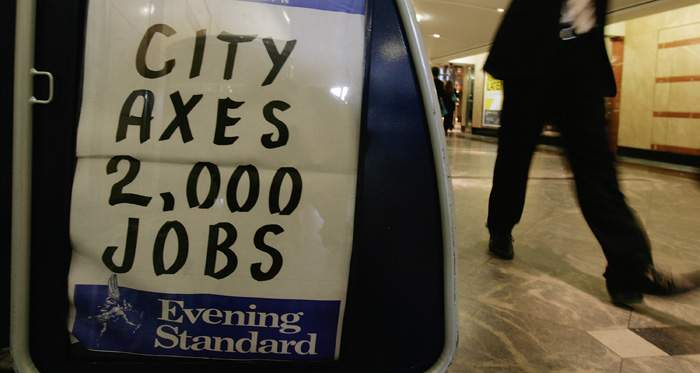The Lost Decade (1990 - 2000)
There is no doubt that bubble popping is not only an American phenomenon. Prior to the 1990s, Japan saw notable 1980s growth that was far higher than the usual 2 percent. Some said that it was designed to keep pace with American growth. But in 1991, the growth essentially came to an end. Japan's gross domestic product increased by 0.5 percent between 1991 and 2000. This gradual development has been nicknamed the "Lost Decade" by analysts.
Analysts and historians have not yet identified a particular cause for this slow expansion. It might have something to do with the shorter workweek due to legislation, which saw workers put in 40 hours each week rather than 44. The number of national holidays has also raised. Financial institutions and government agencies were now sometimes closed on Saturdays. While the government's portion of output increased, private investment decreased. Some claim that this may have been brought about by restrictions on bank and financial institution borrowing, but that theory does have some flaws.
Other prevalent hypotheses focus on financial speculating and significant borrowing as a result of low interest rates. When the government intervened to restrain expenditure and keep inflation in check, credit became more difficult to come by, which in turn hampered growth. This ultimately halted development and economic growth. The "Lost Decade" was a result of the asset bubble burst, according to the majority of sources.








